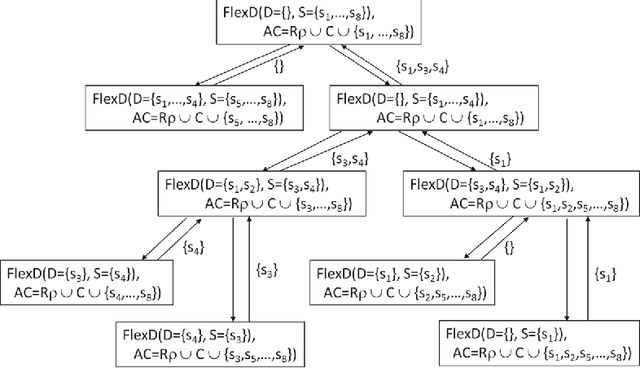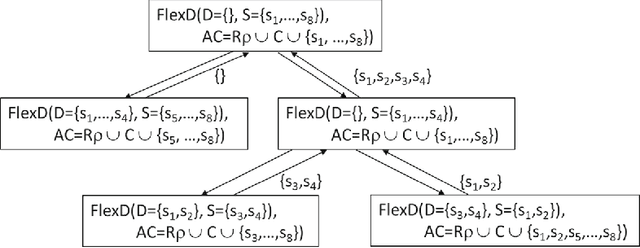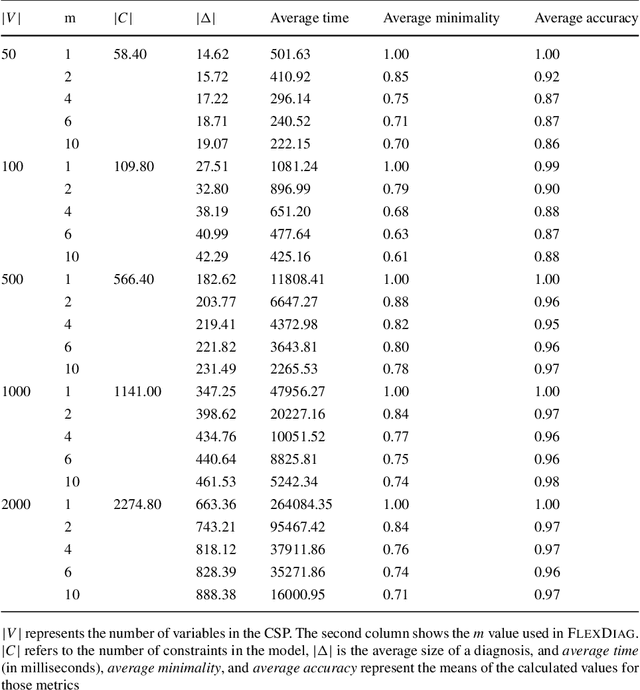Stefan Reiterer
An Overview of Direct Diagnosis and Repair Techniques in the WeeVis Recommendation Environment
Feb 24, 2021



Abstract:Constraint-based recommenders support users in the identification of items (products) fitting their wishes and needs. Example domains are financial services and electronic equipment. In this paper we show how divide-and-conquer based (direct) diagnosis algorithms (no conflict detection is needed) can be exploited in constraint-based recommendation scenarios. In this context, we provide an overview of the MediaWiki-based recommendation environment WeeVis.
Anytime Diagnosis for Reconfiguration
Feb 19, 2021



Abstract:Many domains require scalable algorithms that help to determine diagnoses efficiently and often within predefined time limits. Anytime diagnosis is able to determine solutions in such a way and thus is especially useful in real-time scenarios such as production scheduling, robot control, and communication networks management where diagnosis and corresponding reconfiguration capabilities play a major role. Anytime diagnosis in many cases comes along with a trade-off between diagnosis quality and the efficiency of diagnostic reasoning. In this paper we introduce and analyze FlexDiag which is an anytime direct diagnosis approach. We evaluate the algorithm with regard to performance and diagnosis quality using a configuration benchmark from the domain of feature models and an industrial configuration knowledge base from the automotive domain. Results show that FlexDiag helps to significantly increase the performance of direct diagnosis search with corresponding quality tradeoffs in terms of minimality and accuracy.
Recommender Systems for Configuration Knowledge Engineering
Feb 16, 2021



Abstract:The knowledge engineering bottleneck is still a major challenge in configurator projects. In this paper we show how recommender systems can support knowledge base development and maintenance processes. We discuss a couple of scenarios for the application of recommender systems in knowledge engineering and report the results of empirical studies which show the importance of user-centered configuration knowledge organization.
 Add to Chrome
Add to Chrome Add to Firefox
Add to Firefox Add to Edge
Add to Edge